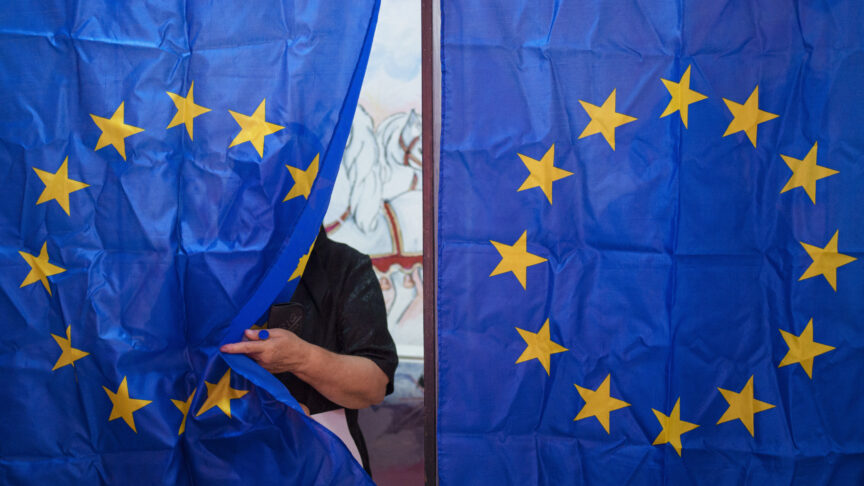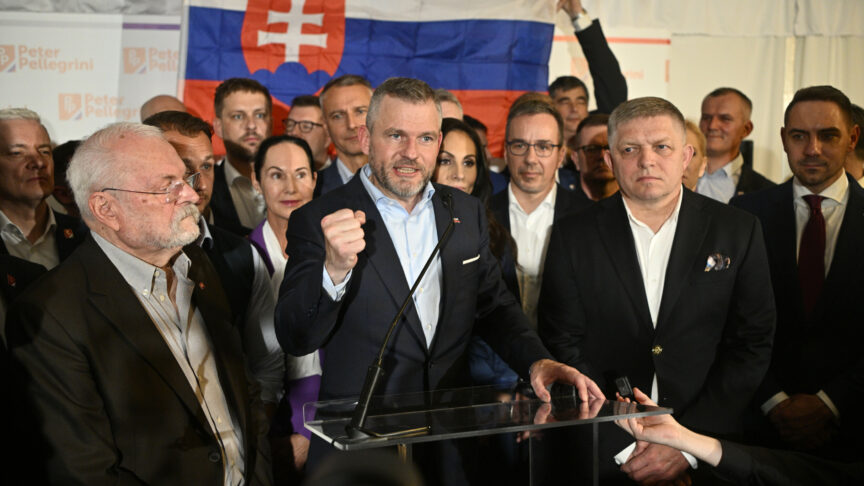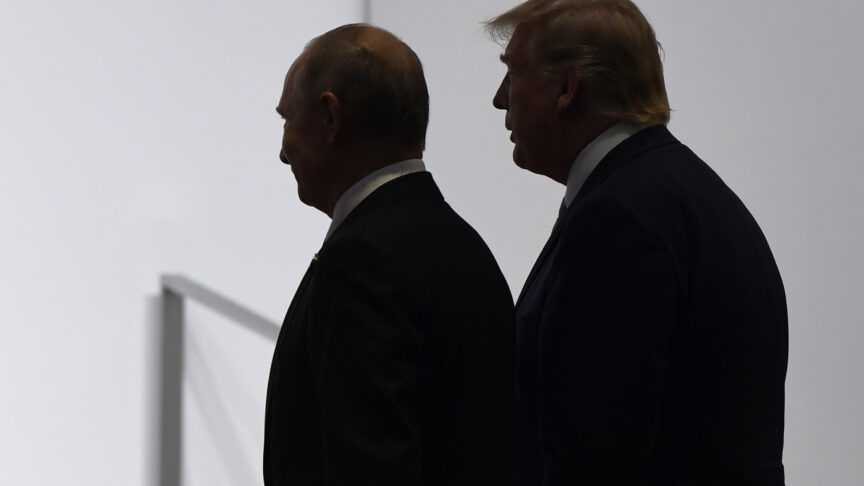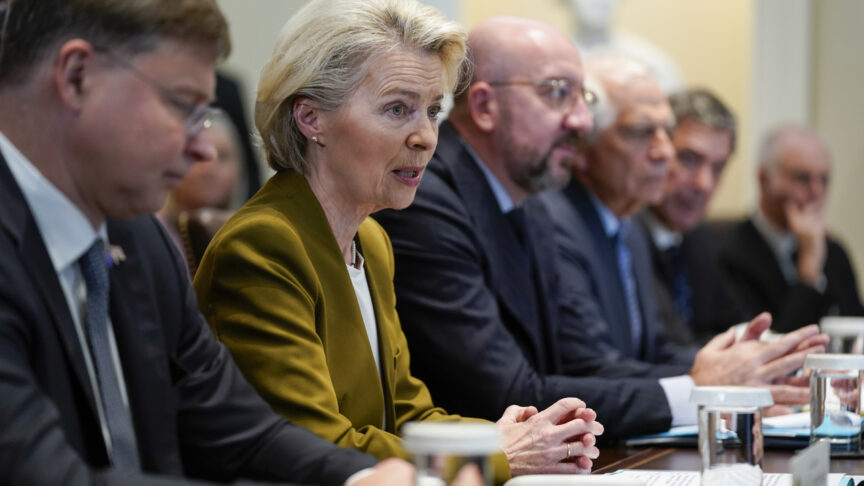
Wake up! After these elections, Europe is again in danger
Don’t let anyone tell you the results are “not so bad”. The hard-right vote can pull the entire EU to the right, and imperil Ukraine

Don’t let anyone tell you the results are “not so bad”. The hard-right vote can pull the entire EU to the right, and imperil Ukraine

The Ukrainian world heavyweight boxing champion beat back a giant opponent, but his country can’t defeat Russia on its own

After Slovakia elected a populist president and a pro-Russian prime minister in a span of six months, the EU may be tempted to punish Bratislava. But this would risk making matters worse

In history, as in romance, beginnings matter – so what we do now will be crucial in shaping the future

Alexei Navalny’s funeral and this weekend’s so-called election show us two Russias. Support the better one

The first two months of 2024 have seen the EU and member states redirect billions of euros of development funding away from Africa – but this could come at great cost to their long-term interests on the continent

Mass farmers’ protests against Ukrainian agricultural imports have raised fears that the country’s strong support for Kyiv is faltering. But the protests are only one part of a much more complicated – and hopeful – picture

Vladimir Putin’s ramblings to a compliant Tucker Carlson exposed the true motivations for Russia’s war against Ukraine

In the 1950s, European nations tried and failed to build a defence community. They should try again

Europeans should take seriously the thinking of figures such as John Mearsheimer. If they are unable to answer his critiques, they might thereby prove his point

Don’t let anyone tell you the results are “not so bad”. The hard-right vote can pull the entire EU to the right, and imperil Ukraine

The Ukrainian world heavyweight boxing champion beat back a giant opponent, but his country can’t defeat Russia on its own

After Slovakia elected a populist president and a pro-Russian prime minister in a span of six months, the EU may be tempted to punish Bratislava. But this would risk making matters worse

In history, as in romance, beginnings matter – so what we do now will be crucial in shaping the future

Alexei Navalny’s funeral and this weekend’s so-called election show us two Russias. Support the better one

The first two months of 2024 have seen the EU and member states redirect billions of euros of development funding away from Africa – but this could come at great cost to their long-term interests on the continent

Mass farmers’ protests against Ukrainian agricultural imports have raised fears that the country’s strong support for Kyiv is faltering. But the protests are only one part of a much more complicated – and hopeful – picture

Vladimir Putin’s ramblings to a compliant Tucker Carlson exposed the true motivations for Russia’s war against Ukraine

In the 1950s, European nations tried and failed to build a defence community. They should try again

Europeans should take seriously the thinking of figures such as John Mearsheimer. If they are unable to answer his critiques, they might thereby prove his point